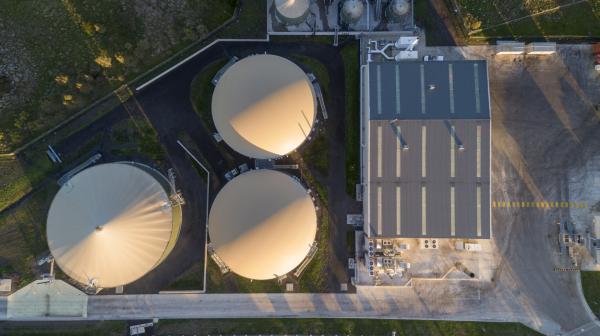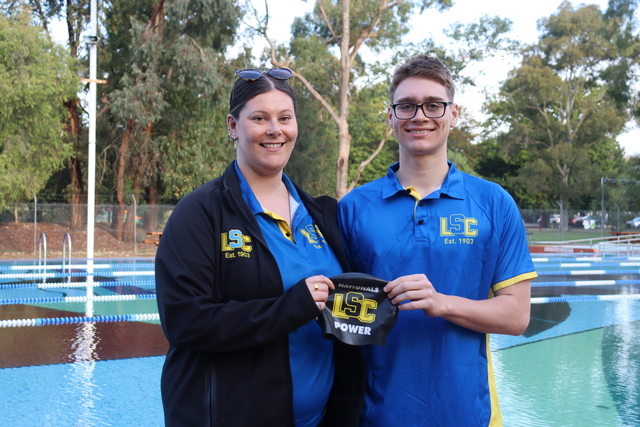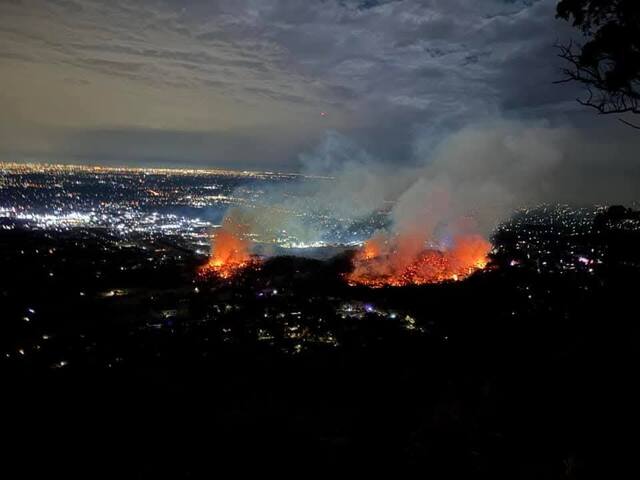Yarra Valley Water Managing Director Pat McCafferty believes the company will be able to achieve net zero carbon emission before 2030 as they continue to explore new ways to reduce their environmental footprint.
The government-owned retail water corporation committed to an ambitious plan to generate 100 per cent renewable energy by 2025 when it joined the UN March to Zero campaign on 11 November.
According to Mr McCafferty, Yarra Valley Water plans to maximise the efficiency of their current infrastructure alongside new renewable energy projects to achieve their set targets.
“We’ve got a second food waste to energy plant planned at the Lilydale sewerage treatment plant,” he said.
“Together with the Wollert waste to energy plant both of those will supply about 50 per cent of our needs in renewable energy.”
The utility company is investigating the concept of a floating solar array at their Wollert ReWaste facility and is aiming convert their fleet of vehicles into hybrid and electric models by 2030.
Mr McCafferty said other plans to reduce emissions are being developed at Yarra Valley Water.
“We have a green hydrogen project in the pipeline, but we are waiting to see if we can get some government funding to help that along,” he said.
“That’s also exciting because green hydrogen is an important part of the solution going forward.”
Mr McCafferty said sectors involved in natural resources need to be aware of their environmental footprint before they can begin to tackle emissions.
“The first step is knowing your impacts and looking at what are the most viable ways to reduce them,” he said.
“We need make the environment a priority in our decision making.”
Yarra Valley Water have employed climate and energy specialists to audit the impacts of projects on the environment.
He said there is an expectation from the community for Yarra Valley Water to play a role in dealing with climate change.
“We are really on the pointy end of climate change, it affects the long term reliability of rain fall after all,” Mr McCafferty said.
“For instance here in Melbourne we’ve had a 30 per cent reduction in stream flow catchments over the last 30 years.”
While he said that one entity can’t responsible for the fight against climate change, Mr McCafferty recognises the responsibility Yarra Valley Water has.
“We as a sector have the highest energy use in the state of Victoria for instance,” he said.
“Water uses 24 per cent of the energy needed by government sectors because we have treatment processes. I think we have a pretty strong responsibility.”








